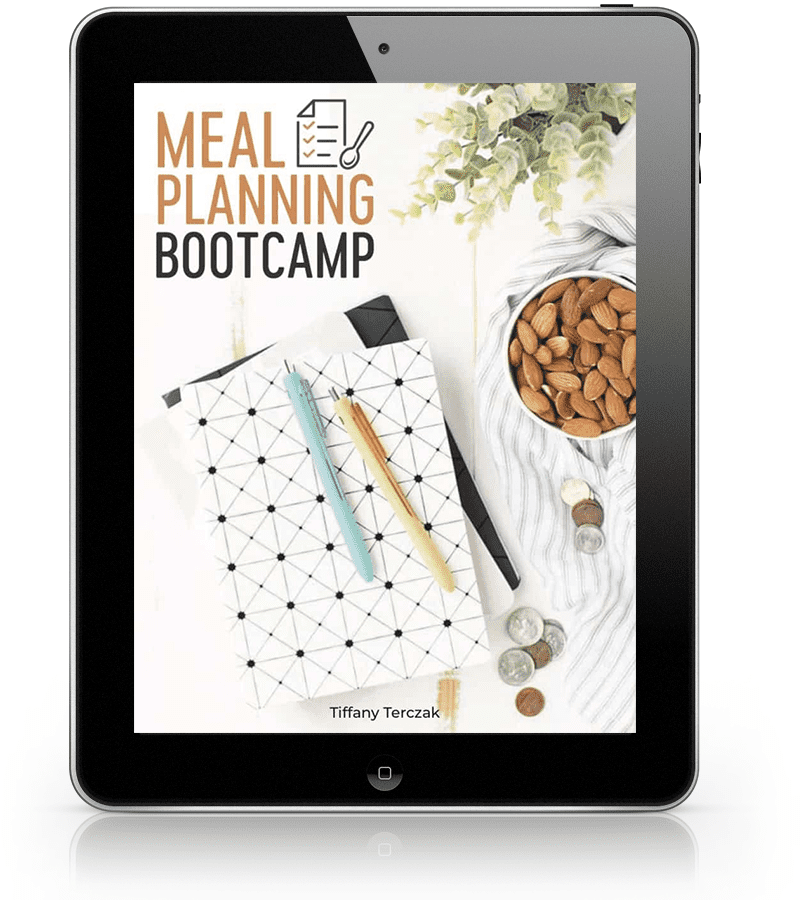Learn how to eat real food and live a healthier life ... without going broke!
My husband and I started our marriage off in a great deal of debt. God saw us through that trial and has challenged us to share what we’ve learned about finance, food and natural living with others who struggle in this area. Why listen to me? I don't have letters after my name. I'm not a doctor, I make mistakes and I burn dinner too. But I've been in the trenches and I know what it's like to need help and not even know where to even begin. I figured my way out and learned lessons along the way. This blog IS the lessons, and it's my goal for you to not be in those trenches alone without a way to get out.

Struggle to afford healthy food? Learn the exact system I use to feed my family of 4 real food for $350/month (including organic foods and grass-fed meat) in my signature course Grocery Budget Bootcamp. Enrollment opens twice a year!
Grocery Budget Bootcamp
What’s for dinner tonight?
Got more frozen chicken than you know what to do with? Search by ingredient below and I’ll give you recipe ideas that will please your palette and your budget!

30 Minute Dinners: Never Meal Plan Again

Meal Planning Bootcamp

Recommended Resources
From the kitchen to the bathroom. Find out what products I can’t live without!

















